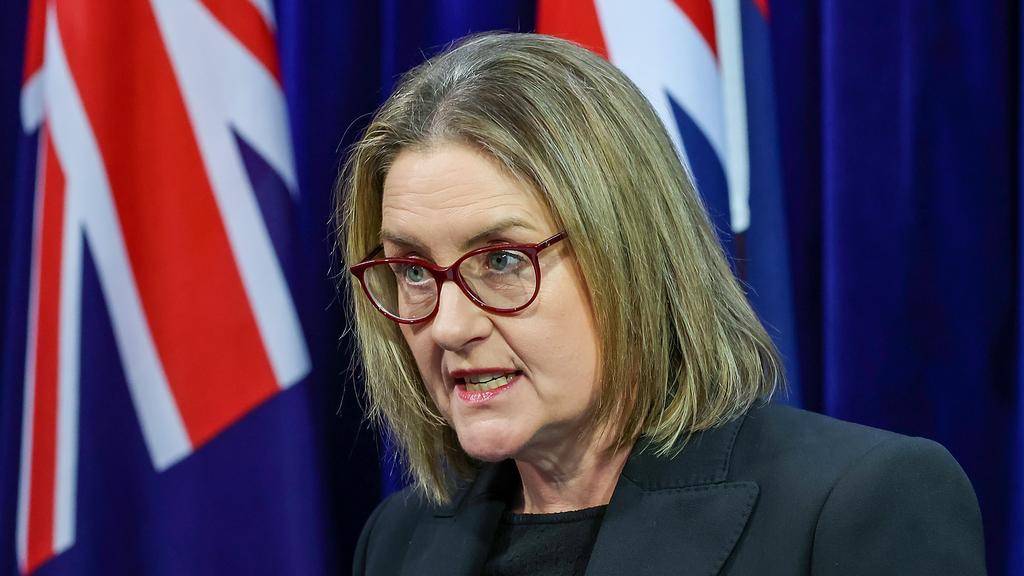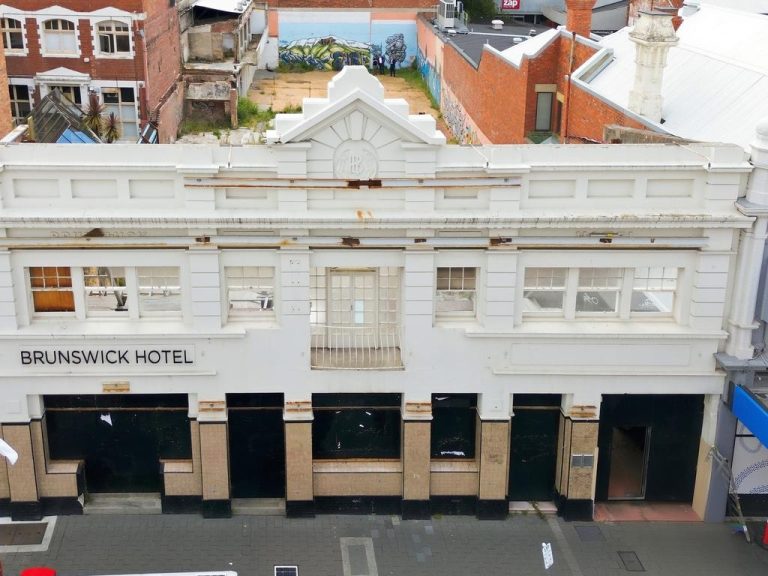Allan government cuts Melbourne office space as work-from-home shrinks its city presence

The Victorian government is looking to take less office space in the Melbourne CBD.
Even the Victorian government doesn’t want to be in the office.
The state’s public service is seeking to slash the amount of office space it occupies in Melbourne’s central business district according to confidential tender documents issued by the Allan government.
If realised, it could reduce its office space needs in the beaten down capital by about 20 per cent in another blow to developers who bemoan Victoria’s anti-business culture.
The government has gone to market seeking about 80,000 square metres via three separate tenders. Notably, they relate to buildings where it occupies about 100,000 square metres of leased space.
The Allan government’s strident hybrid work policies have shredded attendance on Mondays and Fridays in Melbourne’s office towers. The Labor Premier wants to legislate a right to work from home, eliciting pushback from business groups which warn it would impose inflexible obligations on employers.
The Premier’s department has blocked the release of documents underpinning her plan to The Australian, claiming cabinet confidentiality and legal privilege as the government braces for a likely court challenge.
It also declined to comment on its plan to cut back office space occupied by major departments at a time when it is trying to rejuvenate the city. Commercial real estate agency JLL, which has been capturing headlines lately for a bawdy and sexually-charged culture that thrived inside its industrial leasing division, is advising the government.

Victorian Premier Jacinta Allan. Picture: NewsWire/Ian Currie
Multiple industry sources told The Australian the government’s new tender for office space had shifted from a traditional requirement of having one desk per worker. Those familiar with the leasing brief said the ratio had been revised to as low as 60 per cent, meaning it may only require 60 desks per 100 workers.
Melbourne’s office market has one of the highest vacancy rates in the country at 17.9 per cent. But this has spiked in fringe precincts like Docklands and St Kilda Road, while premium parts of the market are still quite tight.
The space requirements relate to the department presence in buildings spanning 121 Exhibition Street, 8 Nicholson Street and 50 Franklin Street, all in the Melbourne CBD.
The major one covers 45,000 to 50,000sq m and the two smaller ones are about 20,000sq m and up to 12,000sq m respectively.
The move aligns with the forthcoming expiry of multiple leases and departments could either consolidate within their existing offices, or chase floors in empty buildings. This could prove tough in the higher-quality sites that government environment standards mandate as vacancy in modern buildings is lower than the Melbourne market as a whole.
Leasing experts said that the Victorian government should have undertaken the move to consolidate its space years ago in order to reap greater efficiencies.
“I just don’t think that, holistically, they use their space very well,” one leasing expert said on the condition of anonymity.
The public service has an outsize influence on Melbourne’s CBD dynamics. NSW has already shifted many public servants to suburban blocks but fewer such options exist outside the CBD in Melbourne.
Leasing experts said the only question was around how far the government decided to shrink its office space. “It will be dictated by where they can move to and what they can move to because they’re so big, so they probably don’t have heaps of options,” one property executive said.
Some industry insiders believe a decision by the government could be good for the CBD market, where there is still some indecision despite a wide range of groups coming off-lease this year.
“Once the first ones land, then it becomes this snowball effect, where the next group is worried that they may miss out on their other options,” the executive said.







